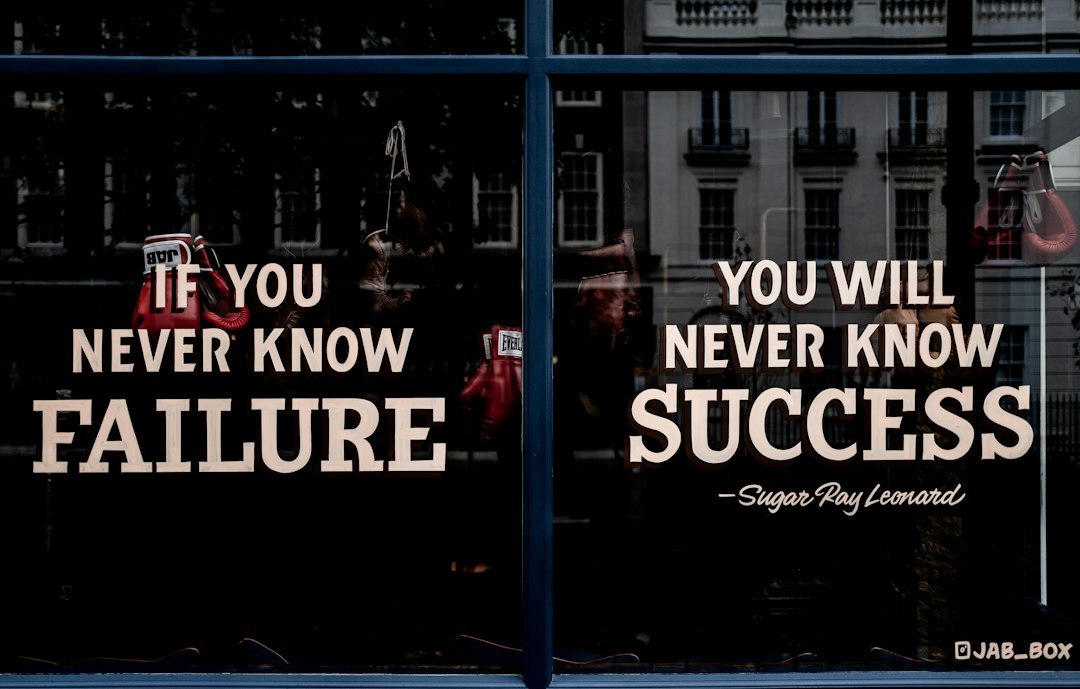Which well-paid expert are you?
Take this quick (60-second) quiz to find out which type of well-paid expert you are, and what steps to take to make that dream a reality.

Marketing Experimentation: 3 Powerful Takeaways from a Campaign Failure
The very definition of marketing experimentation is that some experiments fail.
Not every campaign turns into a success story. Today, we’re diving into a candid exploration of what happens when things don’t go according to plan. This article is for marketers, solopreneurs, freelancers, and anyone who’s ever faced a setback in their professional journey. Understanding the inherent value of ‘failure’ and learning from it is crucial. Recognizing mistakes can lead to growth, help refine strategies, and reveal what resonates with your audience.
Step 1: The Experiment Gone Awry
The Reality of Marketing Experiments
- The plan: Launching a meticulously planned marketing campaign, complete with emails and social media posts, aimed at promoting a workshop.
- The outcome: Despite the effort and confidence in the content, the sign-ups were disappointingly low.
- Insight: Even well-planned campaigns can falter, but the lack of immediate success doesn’t reflect the value of the offer or the marketer’s skills.
- Common misconception: A failed campaign means the product or the marketer lacks value.
- New perspective: View each campaign as an experiment; not every test will yield the expected results, but each provides valuable data.
Step 2: Identifying Potential Missteps
Dissecting the Campaign
- Analysis: Considering various factors such as the workshop title, email content, pricing, and promotional strategy.
- Realization: A combination of factors, rather than a single element, likely contributed to the campaign’s lackluster performance.
- Actionable steps: Plan to adjust the workshop title, email layout, and pricing strategy for future campaigns.
- Common mistake: Overlooking the importance of a clear, compelling offer.
- Better approach: Ensure the workshop’s value and outcome are immediately clear to the target audience.
Step 3: The Power of a Good Hook
Crafting Your Message
- The issue: The original workshop title, “Manufacturing Consistency,” lacked immediate clarity and appeal.
- The solution: Consider a more direct and enticing title that highlights the workshop’s benefits and the tangible outcomes participants can expect.
- Example: Changing the title to something like “2 Hours to 30 Days of Content” could significantly increase interest and conversions.
- Common oversight: Assuming the audience will understand the value without explicit explanation.
- Strategic change: Use titles and messaging that directly communicate the benefit and end result of the offer.
Step 4: Learning from the Experience
Embracing Failure as a Learning Opportunity
- Reflection: Recognizing that a single failed campaign doesn’t define your worth or the quality of your work.
- Mindset shift: Understanding that failure is part of the journey, offering invaluable lessons and insights for improvement.
- Future strategy: Being prepared to test different approaches, learn from the outcomes, and remain adaptable.
- Misconception: That failure is a negative outcome to be avoided at all costs.
- Reality: Failure is an essential component of growth and discovery in marketing and business.
Conclusion: More Marketing Experimentation is Needed
Remember, the journey of marketing and entrepreneurship is paved with both successes and setbacks. The key takeaway from a campaign that didn’t go as planned is not the failure itself, but the lessons learned, and the resilience built in the process. Steps to take moving forward include:
- Reevaluate and Adjust: Take a close look at your campaign strategy, identify potential missteps, and be ready to make changes.
- Clarify Your Offer: Ensure your messaging clearly communicates the value and outcome of what you’re offering.
- Embrace Experimentation: View each campaign as an experiment, learn from the results, and continue to refine your approach.
- Maintain Perspective: Understand that setbacks are not reflections of your value or potential. They are opportunities to learn and grow.
By adopting a mindset that welcomes failure as a teacher, you’re setting yourself up for greater insights, innovation, and success in the long run. Keep pushing forward, stay adaptable, and remember that every challenge is a stepping stone to your next breakthrough.

Which well-paid expert are you?
Take this quick (60-second) quiz to find out which type of well-paid expert you are, and what steps to take to make that dream a reality.
